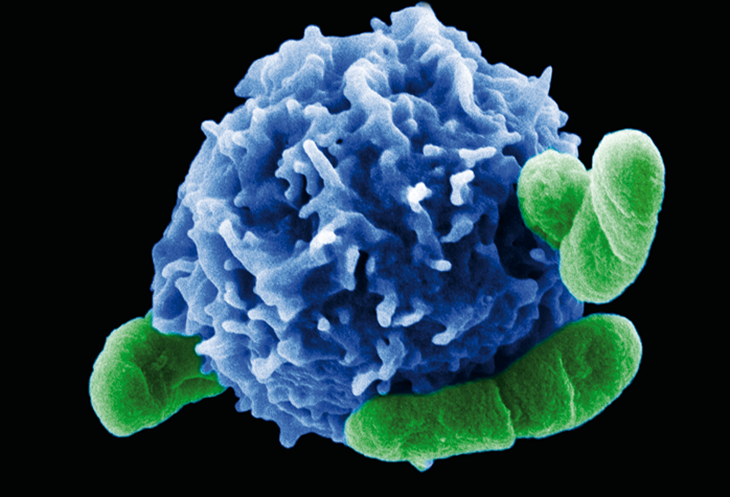
Those who have been diagnosed with lupus can tell you that this disease happens when the body’s immune system attacks its own tissues and organs, this making this an autoimmune issue. When there’s inflammation that’s caused by lupus, this can affect many different body systems such as the joints, skin, kidneys, blood cells, brain, heart, and lungs.
What makes lupus even more problematic is that this can be difficult to diagnose. That’s because the signs and symptoms that come with it usually are very much like other ailments. However, the most distinctive sign of lupus is a facial rash that looks very much like the wings of a butterfly unfolding as it spans both cheeks. This happens to most, but not all, cases.
There are also some people are born with a higher tendency for lupus. The disease can be triggered by infections, by certain drugs, and even just exposure to the sun. Right now, there’s still no specific cure for lupus. What doctors provide are treatments that can help keep the symptoms under control.
Around 10 years ago, CAR T-cell therapy made quick developments for cancer research and treatment. This is now being applied in a small trial to lupus patients and it has shown amazing success.
The trial group was made up of four female patients and one male patient. All of them were diagnosed with lupus that had been untreatable. They were each given an infusion of genetically-engineered immune cells called T-cells. These cells attacked another group of cells that do the damage in lupus patients, and after some time, all five of them had been sent into remission.
Because lupus is an autoimmune disease, the autonomic immune system begins to attack the body in many cases. When it comes to lupus, the defective immune cells called B-cells produce autoantibodies that attack the patient’s own cells instead of the hostile pathogens. When this happens, it brings about a large variety of symptoms such as fatigue, which is mild, or organ damage and failure, which is more severe.
In the trial that was conducted, the CAR T-cell therapy, which has been approved for specific types of cancers, was applied. This was given to instruct the genetics of the T-cells in the five lupus patients not to target cancer cells. Instead, these targeted the defective autoantibody-producing B-cells.=
The T-cells carried the field, and after a good depletion in B-cell count, this sent the lupus into a type of remission. When their B-cells recovered after four months of therapy, their bodies stopped creating the autoantibodies, as per the Guardian.
Despite the self-destruct sequence of the B-cells that happened, their immune systems appeared to still work normally in the tests that followed.
“We are very excited about these results,” said Friedrich-Alexander, the university rheumatologist and Georg Schett, the study lead. They both spoke to the Guardian.
“Several other autoimmune diseases which are dependent on B cells and show autoantibodies may respond to this treatment. These include rheumatoid arthritis, myositis and systemic sclerosis. But also diseases like multiple sclerosis may be very responsive to CAR T-cell treatment.”



